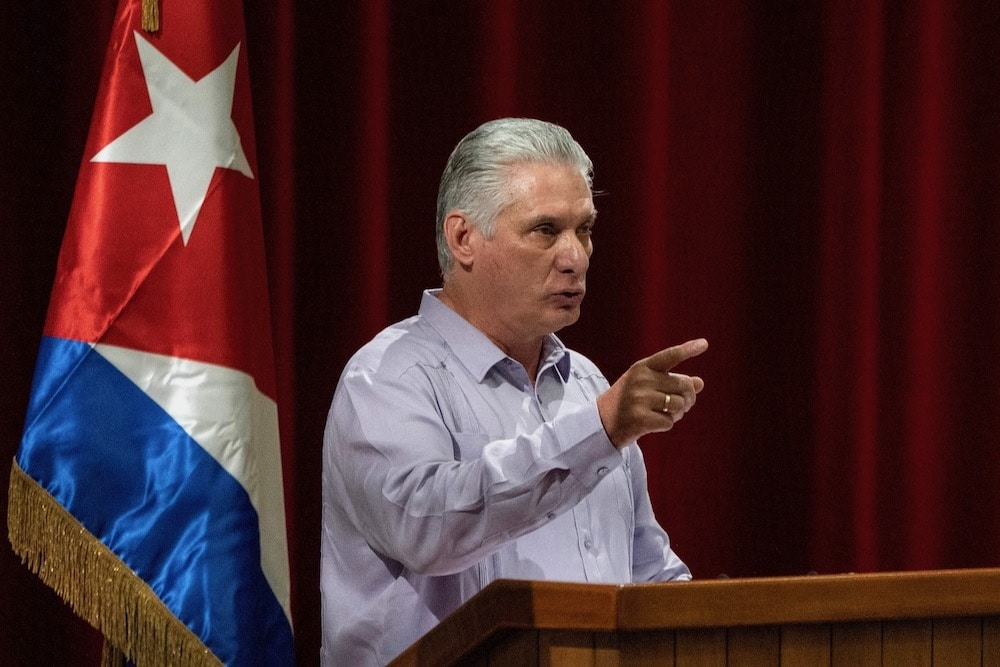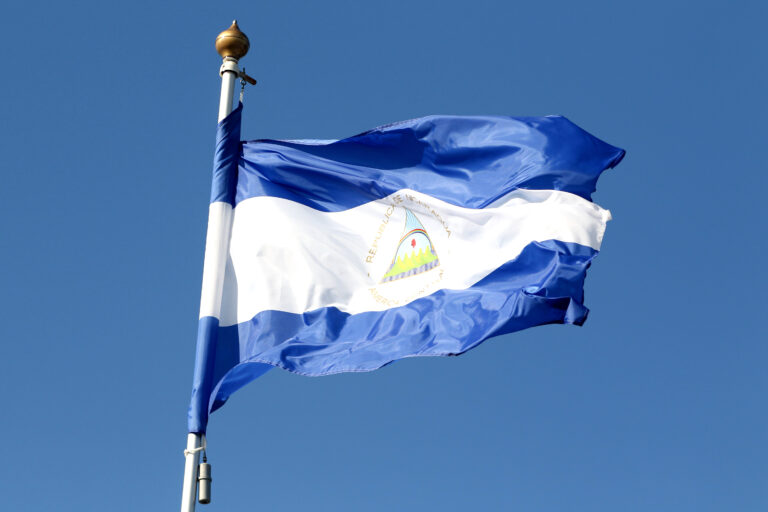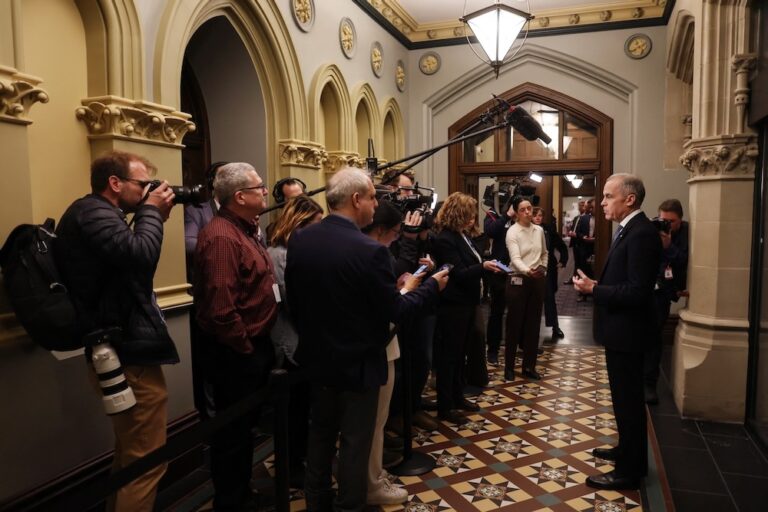The most negative influence on press freedom was observed in countries with authoritarian presidents, such as Cuba, El Salvador, Nicaragua, and Venezuela.
This statement was originally published on en.sipiapa.org on 21 November 2023.
The Executive Power is the one that most affects the health of press freedom, according to the Chapultepec Index recently released by the Inter American Press Society (IAPA) during its General Assembly in Mexico.
The most negative influence was observed in countries with authoritarian presidents, such as Cuba, El Salvador, Nicaragua, and Venezuela, according to the conclusions of the Index, which measures the impact that the three branches of the State have on press and expression freedoms.
Among other countries, the Executive Power faced confrontations with the media in Costa Rica; in Colombia, it has become hostile at all levels, further polarizing society and affecting freedom of expression; in Argentina, Mexico, and Peru, a stigmatizing message towards journalism has emerged, attributing responsibilities for many societal problems. Meanwhile, in Cuba, Nicaragua, and Venezuela, the Executive Power is the primary suppressor.
The Legislative Power also has a negative influence on the media and journalism. The Index indicates that Argentina, Brazil, Chile, Colombia, Costa Rica, Ecuador, El Salvador, the United States, Honduras, Mexico, Paraguay, Peru, and Uruguay were the most affected countries.
In line with the Index, this semester, the IAPA press freedom reports from Argentina, Colombia, and Peru recorded bills to limit criticisms, criminally sanction fake news, criminalize the media for their coverage of social protests, and establish rules on rectification contrary to inter-American standards on press freedom.
Meanwhile, the Judiciary affected Cuba, Guatemala, Nicaragua, and Venezuela, where it is used as an executor of Executive Power policies. In other countries with independent justice, various media and journalists from Brazil, Canada, the U.S., and Panama suffered harassment from public officials through defamation lawsuits.
The IAPA has urged Supreme Courts to encourage judges to thoroughly analyze whether defamation lawsuits against media and journalists are intended to silence reports and journalistic investigations, contradicting jurisprudence favorable to press freedom.
In its recent 79th General Assembly in Mexico, the IAPA expressed concern about the gradual decline in press freedom in the American continent since this measurement began in 2019. The Chapultepec Index of the IAPA is coordinated by academics from the Andrés Bello Catholic University of Venezuela (UCAB, in Spanish) through an extensive network of experts in 22 American countries.
Click here for the Chapultepec Index 2023.



